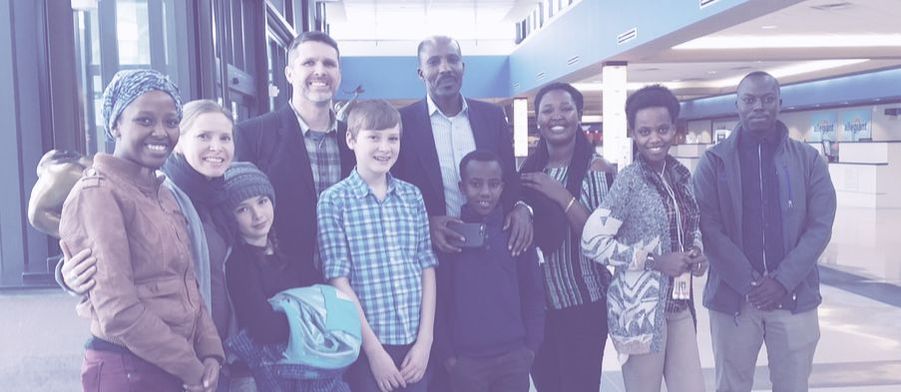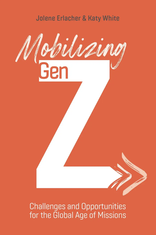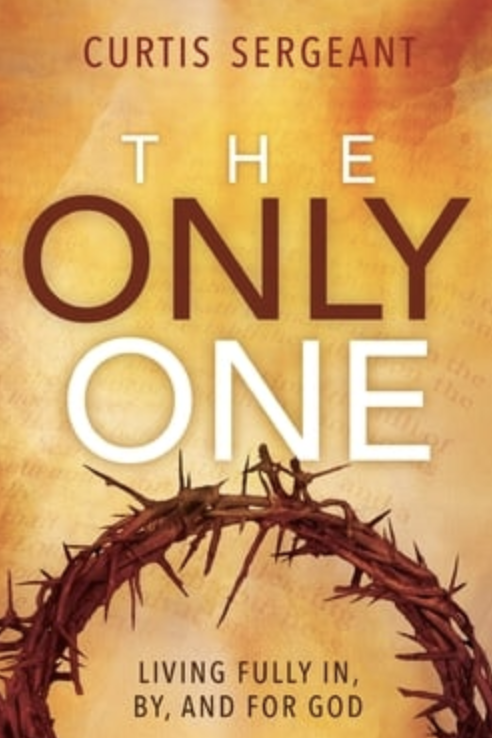|
Power.
Power does funny things to relationships. It changes the dynamics of how relationships form and grow and become. When I met my first friend in kindergarten, we met and built our relationships on even ground. We both couldn't read or write, we both struggled with things like tying our shoes and sitting still in class, we both came from similar backgrounds and approached life with the similar challenges and opportunities. Furthermore, we both spoke English, the language of our neighborhood, region and country. As I grew older I began to realize that the forming of relationships takes work. It takes time and it often takes patience. Sometimes relationships come easily. Other times it takes more time and more energy, and sometimes I realized, our differences in life experiences create relational dynamics that make it more difficult to build authentic relationships. Cultural differences create relational challenges that are often difficult to overcome. There are many types of differences; some obvious, some less obvious. but all are impactful on the relationships we form. While we can all work to overcome these differences, there are some differences that create power dynamics which inhibit the normal formation of relationships. Let me give you an example. I was at a conference in a North American city. The conference was a gathering of African pastors and elders from around the upper Midwest. All of them had come to the U.S. as refugees following a season of intense persecution against their particular tribe in their home region. All of them were men of reputation in their communities back in Africa, and that reputations had in many ways transferred with them to the U.S. They were leaders of men. But they had invited some of American leaders from their denomination to come and teach on a particular subject during the conference. I wasn't from that denomination but had been invited to do some training as well around relating to and sharing the gospel with Muslims. I decided to come for the whole day of meetings even though I wasn't presenting until after lunch. The morning teaching went well for the most part until one of the African leaders voiced a concern. The question was, "How can we do more to serve the North American church?" The American leaders assured them, they there was no need to feel like they needed to do anything. What was missed in the exchange was the underlying feeling of the African pastor that they were being seen merely as charity cases. The Anglo churches who were allowing them to use their buildings were doing so in good faith, believing they were serving their brothers and sisters in Christ. But a number of things were at play that prevented authentic relationships to develop between the African churches and their American host churches. These dynamics led to relational realities that left these African pastors feeling like they were not being understood or appreciated. First was a general assumption that the African churches were basically poor and needy. In that sense the African pastors were struggling with a sense that they were being viewed as charity cases. That was unfortunate. This dynamic was in many ways the result of a number of relational misunderstandings. As the two groups met and interacted, the Anglo churches and their leaders entered the relationship from positions of power. This power dynamic shows up in various ways:
There are of course other challenges, but when relationships are built in these dynamics of power imbalance, relationships won't develop into the kinds of healthy relationships where both parties come to the table with gifts to share, with talents to contribute and with experiences from which we can all learn. To be clear: this is just a reality. The North American church isn't sinning any more than my Turkish friends were in not knowing me better. They are not actively creating this imbalance of power - it just is. It is the crucible in which we find ourselves however and it is the challenge we must actively seek to understand and seek - in any ways we can - to disrupt and overcome. We must not merely throw up our hands in despair. There is much we can do to right the balance of power. And we have a good example! In your relationships with one another, have the same mindset as Christ Jesus: Who, being in very nature God, did not consider equality with God something to be used to his own advantage; rather, he made himself nothing by taking the very nature of a servant, being made in human likeness. And being found in appearance as a man, he humbled himself by becoming obedient to death-- even death on a cross! -- Philippians 2:5-8 A Few Ideas Here are a few ways you can disrupt this relational power dynamic.
The task before us is not an easy one. Building healthy relationships is difficult enough as it is. Add in the imbalance of power that naturally occurs in cross cultural relationships and the task can seem insurmountable. But it's not. With prayer and humility we can find a better way.
0 Comments
Your comment will be posted after it is approved.
Leave a Reply. |
The E2E Community
Categories
All
Good Books
Archives
April 2024
|
Proudly powered by Weebly






